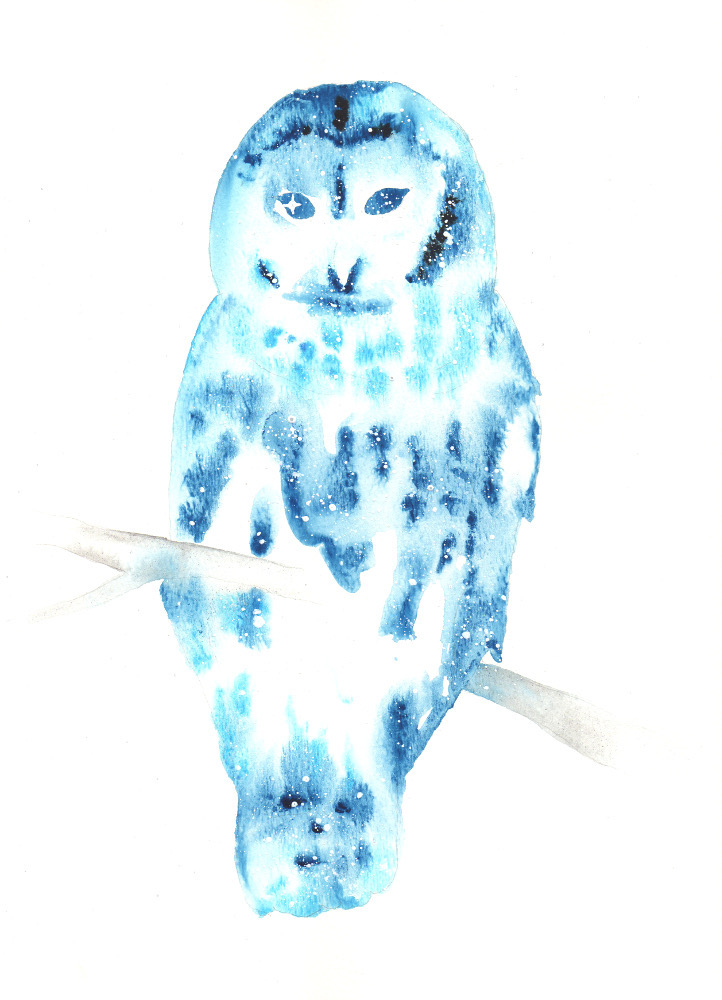Unveiling the Mystery: The Intriguing Anatomy of Owl Legs
- Unveiling the Mystery: The Intriguing Anatomy of Owl Legs
- Introduction to the Secretive Limbs of Owls
- Anatomy of Owl Legs: The Framework of a Predator
- Understanding the Purpose of Long and Slender Owl Legs
- Diversity in Leg Length and Feather Coverage
- The Curiosity of Owl Locomotion: Comparing Walking and Flying
- Unforgettable Views: The Unexpected Length of Owl Legs
- Capturing the Essence of Owl Legs Through Imagery
- Conclusion: The Silent Efficiency of Owl Legs
Introduction to the Secretive Limbs of Owls
Owls have captivated human imagination for centuries, often symbolizing wisdom, mystery, and a silent nocturnal hunter. While their piercing eyes and haunting hoots tend to dominate our attention, the true wonders of owl legs remain hidden beneath their plumage. In this comprehensive look at owl legs, we’ll explore the unique anatomy, the extraordinary adaptations, and the crucial role these limbs play in the life of these enigmatic birds of prey.
Anatomy of Owl Legs: The Framework of a Predator
The Skeletal Structure

Owls possess a skeletal makeup that is optimized for their predatory lifestyle. Their very short thigh bone (femur) and long shin bones (tibiotarsus and tarsometatarsus) allow for a combination of strength and flexibility. This design is crucial for silent flight, precise maneuvering in the air, and powerful grip on prey.
Key Bone Features:
- Femur (Thigh Bone): Compact and powerful
- Tibiotarsus (Shin Bone): Lengthy and slim
- Tarsometatarsus (Foot Bone): Adaptive for grasping
Muscular Legs and Deadly Talons

The legs of an owl house well-developed muscles that provide the strength needed for seizing prey with extraordinary force. The talons at the end of each leg are razor-sharp and, combined with the semi-zygodactylous toe arrangement, allow an owl to catch and hold onto even the most slippery animals.
Feathery Insulation

Many owl species have “leggings,” or feathers extending down their lower legs. These feathers serve dual purposes: they keep the birds warm and aid in their stealthy approach by dampening the sound of their flight.
Understanding the Purpose of Long and Slender Owl Legs
Flight and Hunting Adaptations
The thinness of the lower parts of an owl’s legs is not a design flaw but a purposeful adaptation. Thin legs reduce weight, which in turn improves flight efficiency — a critical advantage in the air. Here, the owl’s ability to diminish their silhouette against the sky and move undetected becomes invaluable.

Terrain and Prey Considerations
Different owl species have varying leg lengths, primarily influenced by their environment and the nature of their prey. Owls inhabiting open grasslands may have longer legs suitable for swooping down on targets from above. Conversely, owls from dense forests possess shorter legs to avoid entanglements during flight.
Diversity in Leg Length and Feather Coverage
Species-Specific Leg Characteristics
- Long-Legged Owls: Adapted for open landscapes
- Short-Legged Owls: Suited for maneuvering through forested regions

The Role of Feathers
- Feather Coverage: Varies extensively among different owl species
- Thermoregulation: Assists in maintaining body temperature
- Silent Flight: Contributes to a noiseless approach
The Curiosity of Owl Locomotion: Comparing Walking and Flying
Situations That Prompt Owls to Walk
Owls are primarily known for their effortless gliding and strong winged pursuit. However, there are instances where these birds might walk to track down their prey or navigate terrestrial obstacles. Species like the Great Horned Owl and Snowy Owl have been documented walking, especially in cases where flying is not the preferable approach.
Reasons Why Some Owls Walk
- Stalking Prey: Chasing smaller prey on foot
- Impassable Terrain: When flight is obstructed
Unforgettable Views: The Unexpected Length of Owl Legs
The Comical Side of Owl Anatomy
While the lengthy legs of owls have a clear functional basis, they also provide a source of amusement. When owls stretch out their legs, it can be both surprising and comical to witness just how long they are.
Capturing the Essence of Owl Legs Through Imagery
Visual Insights
Complete Guide To Using Instacart At Aldi
To fully appreciate the unique nature of owl legs, one must see them. A search through stock imagery or observing a live owl extend its legs broadens our understanding of their deceptive length.
High-Quality Imagery Sources:
- Royalty-Free Stock Images: iStock, Shutterstock
- Educational Media: Little Passports insights on owl legs, Wilson’s World on Facebook
Conclusion: The Silent Efficiency of Owl Legs
The legs of an owl are marvels of evolutionary design, tailored to support its needs as a top predator. From the muscular thighs to the delicate ankles, each part of an owl’s leg contributes to its survival. As quiet as their flight, the story of their legs unfolds, proving that there is always more to learn and admire about these magnificent creatures.
Explore owl legs further and share in the fascination—whether through online images or in-person observations. The elegance hidden beneath the feathers is yet another example of nature’s endless complexities and evolutionary wonders.


















:fill(white)

